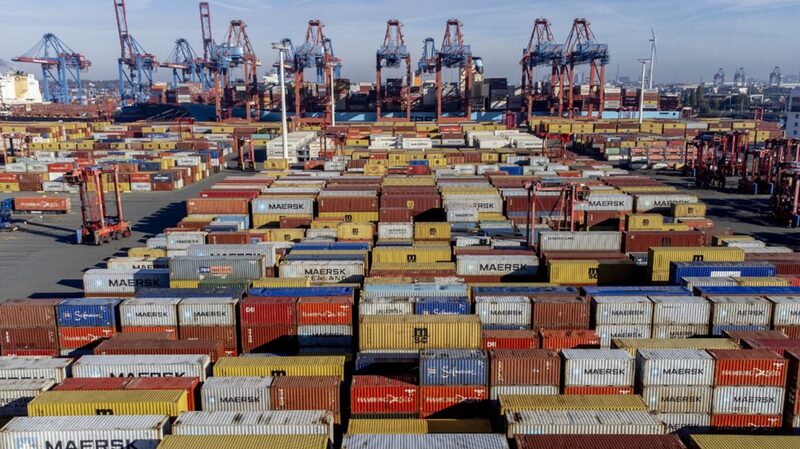Since the economic globalization wave of the 1980s, global industrial and supply chains have been the backbone of international cooperation and shared prosperity. However, recent years have seen these vital networks face unprecedented challenges, threatening the very fabric of global development.
At the second China International Supply Chain Expo, Chinese Premier Li Qiang emphasized the critical need to maintain stable and unimpeded global supply chains, cautioning against all forms of decoupling. This call comes amid a landscape fraught with disruptions from the COVID-19 pandemic, geopolitical tensions, and rising protectionism.
The pandemic exposed the fragility of supply chains, leading many multinational corporations to adopt a diversified approach. A 2023 KPMG survey of 132 multinationals in the Asia-Pacific region revealed that while the majority retained significant production capacity in China from 2018 to 2023, they also expanded their operations in other markets to balance profits with risk mitigation.
Geopolitical conflicts have further strained global logistics. The ongoing Russia-Ukraine war has driven up prices of essential commodities like crude oil, natural gas, and steel, while conflicts in the Red Sea have slashed global shipping capacity by 20%, according to Nikkei Asia. Additionally, heightened tensions in the Palestinian-Israeli region have raised security concerns over key maritime routes.
Trade protectionism has surged between 2019 and 2023, disrupting the global economic order. The United States, for instance, has shifted its export controls to safeguard its dominance in science and technology, fostering exclusive industrial alliances aimed at promoting decoupling and friend-shoring strategies. These measures prioritize national security over economic efficiency, leading to over-securitization of supply chains and stifling global growth.
The International Monetary Fund warns that geo-economic fragmentation could diminish global GDP by 2.3%, with developed and emerging economies facing losses between 2% and 3%, and low-income countries potentially suffering over 4%. Beyond economics, over-securitization hampers global climate efforts. International cooperation across supply chains is essential for scaling green technologies, where China has already made significant strides in areas like photovoltaic modules and wind power. Restricting access to these innovations could escalate costs and delay climate targets.
As the world stands at this critical juncture, fostering cooperative and resilient global supply chains emerges as not just beneficial, but essential for sustained economic growth and environmental sustainability.
Reference(s):
Why a cooperative global industrial & supply chains is urgently needed
cgtn.com




